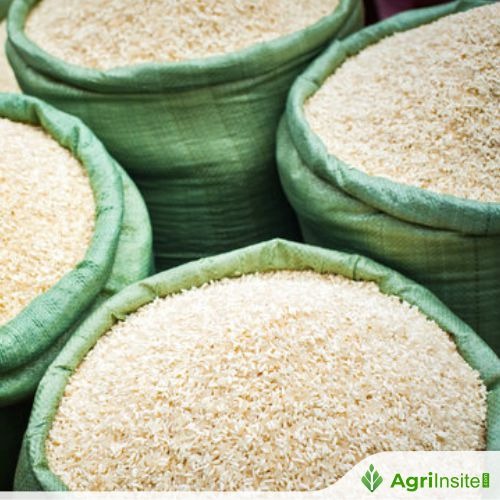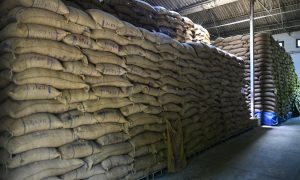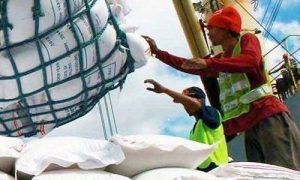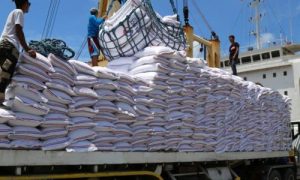Rice prices surge in Kolkata: Why Bangladesh’s duty-free imports hit local markets in West Bengal

Rice prices in Kolkata and Bengal have surged 14–15% after India lifted its export ban to Bangladesh and Dhaka waived import duties. Traders, anticipating the move, had stockpiled rice, boosting exports and domestic prices. Swarna rose to ₹39/kg, Miniket ₹55, and Sona Masoori ₹56, squeezing households and raising inflation concerns.
Rice prices in Kolkata and across Bengal have gone up sharply since India lifted the ban on rice export to Bangladesh on Aug 12 and Dhaka announced duty-free import of around 5 lakh tonnes of rice by private traders the next day, The Times of India reported.
This policy change immediately increased exports from India and pushed up domestic prices by nearly 14-15 per cent, as per the report.
On April 15, India had banned rice exports to Bangladesh to stabilise its own food supply. However, when this ban was lifted in mid-August and Bangladesh removed its 20 per cent import duty, traders on both sides of the border moved quickly.
Many Indian traders had already stored rice near the Petrapole-Benapole land border, expecting this change. Once the official order came on August 13, trucks began transporting rice in large quantities into Bangladesh.
According to commodity analyst Suraj Agarwal, Bangladesh has allowed private traders to import 4.6 lakh tonnes of parboiled rice and 39,000 tonnes of raw rice without duty.
This sudden rise in export demand has had a direct effect on Bengal, which is one of the largest rice-consuming regions in India, TOI reported.
For households in Kolkata, prices of common varieties have jumped within days. Swarna rice, one of the most consumed varieties, increased from Rs 34 to Rs 39 per kg.
Miniket went up from Rs 49 to Rs 55, Ratna from Rs 36-37 to Rs 41-42, and Sona Masoori from Rs 52 to Rs 56 per kg. This sudden price hike has forced many families to cut back on premium varieties and shift to cheaper alternatives.
Retailers in local markets say demand for higher-quality rice has already dropped as middle-class families try to manage household budgets.
On the other hand, traders are pleased with the developments. Many of them say the duty-free imports will create more demand from Bangladesh, allowing them to recover from recent global price dips. “This is a big opportunity for us,” said Amit Singhania, a rice trader.
Economists warn the situation underlines the need for India to strike a balance between encouraging export and protecting domestic food security.
“While traders benefit from higher margins in Bangladesh, rising prices in India may add to inflationary pressures at home,” agroeconomist Mansur Ahmed was quoted by TOI as saying.
Bangladesh imported about 1.3 million tonnes of rice in FY25 as domestic production lagged, pushing retail prices up by 16 per cent.
While traders in Bangladesh hope the duty waiver will cool consumer inflation and stabilise food markets, in Kolkata, the opposite may happen.
To Read more about Rice News continue reading Agriinsite.com















